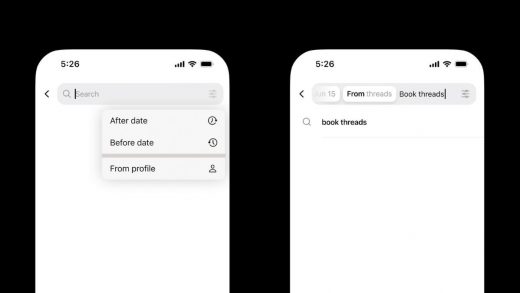
A cryptocurrency company is suing Manitoba Hydro, claiming the Crown corporation reneged on an agreement to deliver power to its proposed data centre south of Winnipeg.
The lawsuit comes roughly two years after the provincial government halted any new connections of cryptocurrency operations to the hydroelectric grid, citing a potential for overwhelming energy demands and low economic return.
In a statement of claim filed Nov. 25 in Court of King’s Bench, Blockharvest Inc. claimed Manitoba Hydro International, the Manitoba Hydro Board and the Province of Manitoba conspired to delay the project until the provincial government could issue the stop-work order.
RUTH BONNEVILLE / FREE PRESS FILES Manitoba Hydro is being sued by a cryptocurrency company which claims the Crown corporation reneged on an agreement to deliver power to a proposed data centre.
The company said it signed a service agreement and construction contract with Hydro in January 2022. Blockharvest intended to build a data centre near Île-des-Chênes and agreed to pay $1.5 million to have the required electrical infrastructure installed.
“Shortly after entering into the construction contract, the plaintiff was advised by Manitoba to hold off on paying … because Manitoba Hydro was conducting a review of its business operations,” the lawsuit said.
Manitoba Hydro terminated the contract in November 2022 because Blockharvest had not paid for the construction costs. The company was notified of the decision days before the province announced it would not permit new cryptocurrency operations, the lawsuit said.
Blockharvest argued it was “specifically instructed by Manitoba Hydro to hold off on paying.”
“The conduct of the defendants was unlawful,” the claim said. “The defendants knew in the circumstances that injury to the plaintiff was likely to occur and did result in loss.”
At the time the contract was terminated, the province was fielding significant demands from cryptominers seeking to set up shop in Manitoba.
The technology that underpins cryptocurrencies — blockchain — requires a large amount of electricity to run complex financial transactions. Manitoba is an attractive place for high-energy users, as it has traditionally had the second-lowest electricity rates in Canada, behind Quebec.
Hydro-Québec had asked its provincial regulator to suspend the energy allocation process to the blockchain industry that same month.
Manitoba’s crypto suspension, introduced by the former Progressive Conservative government, was initially intended to last only 18 months and did not apply to the 37 crypto operations already established in the province.
NDP Finance Minister Adrien Sala (whose portfolio includes Manitoba Hydro) later ordered the suspension to be extended until April 2026.
“This directive applies to: requests for electric service received by Manitoba Hydro which have not resulted in the execution of either an agreement to construct infrastructure or an agreement to supply electric service,” Sala said in a directive to the Manitoba Hydro Board on April 10.
The Blockharvest lawsuit argued its contract was wrongfully terminated despite the pre-existing construction and service agreements. It said it has lost an estimated $6 million as a result.
The company is seeking an undetermined amount in damages and an order for Manitoba Hydro to honour the terms of the original agreements.
The claim has not been tested in court and none of the parties have filed a statement of defence.
Manitoba Hydro declined to comment Monday.
The lawyers representing Blockharvest also declined to comment.
— with files from The Canadian Press

Tyler Searle
Reporter
Tyler Searle is a multimedia producer who writes for the Free Press‘s city desk. A graduate of Red River College Polytechnic’s creative communications program, he wrote for the Stonewall Teulon Tribune, Selkirk Record and Express Weekly News before joining the paper in 2022. Read more about Tyler.
Every piece of reporting Tyler produces is reviewed by an editing team before it is posted online or published in print — part of the Free Press‘s tradition, since 1872, of producing reliable independent journalism. Read more about Free Press’s history and mandate, and learn how our newsroom operates.
Our newsroom depends on a growing audience of readers to power our journalism. If you are not a paid reader, please consider becoming a subscriber.
Our newsroom depends on its audience of readers to power our journalism. Thank you for your support.


